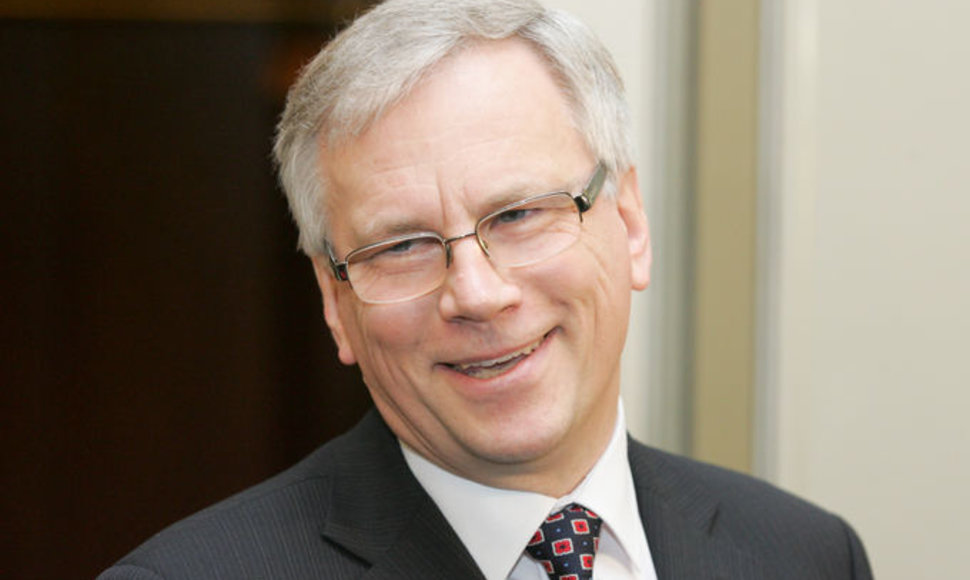"Our aim is to adopt the euro as soon as possible, as soon as we see that we meet the criteria. I have certain doubts if we could do so in 2014, given that we do not yet have final calculations of whether we were within the criteria in the fiscal deficit area in 2012," he told the Žinių Radijas radio station.
Šadžius was commenting on a statement by Ingrida Šimonytė, the previous finance minister, that Lithuania could adopt the single currency as early as in 2014.
However, the minister believes that Lithuania will meet the Maastricht criteria and will keep inflation in check.
"Lithuania's inflation figure is gradually approaching (the EU average) and [...] I see no reasons for not meeting the Maastricht criterion," he said.
The European Commission said in its forecasts released on February 22 that inflation in Lithuania will decline in the next several years, the minister notes.
Lithuania's EU-harmonized average annual inflation rate was 3.1 percent in January, above the Maastricht limit of 2.8 percent. To qualify for euro entry in 2015, the country must meet the Maastricht price stability criterion at the end of this year.
In order to adopt the euro, a country's average inflation rate cannot exceed by more than 1.5 percentage points the average of three best-performing member states. Also, the country must keep its public sector deficit within 3 percent of the GDP and public debt at no more than 60 percent of the GDP.
Lithuania's bid to join the euro in 2007 was rejected because its inflation exceeded the Maastricht limit.
The country now aims to adopt the single currency in 2015. The government on Monday approved in principle a euro introduction plan that calls for setting up a strategic commissions and working groups.












